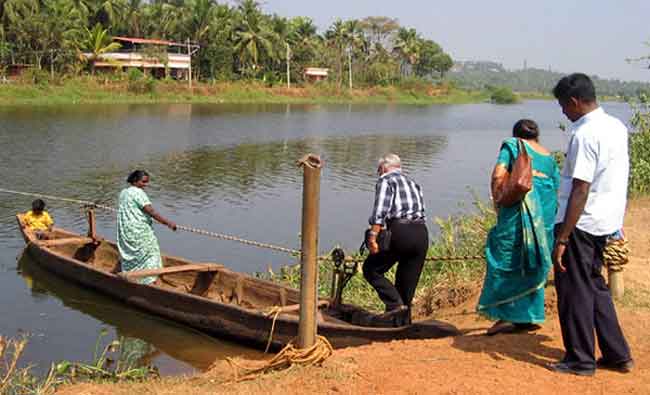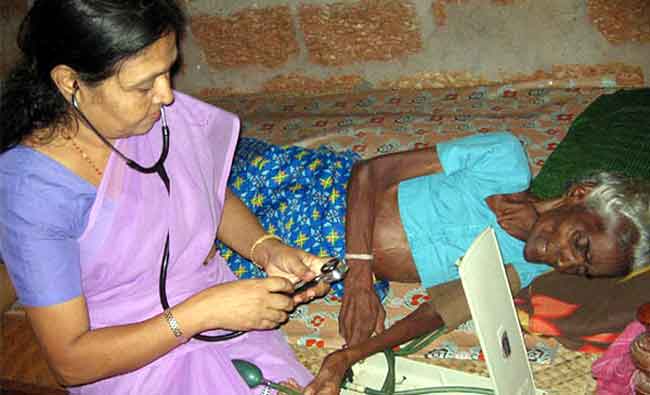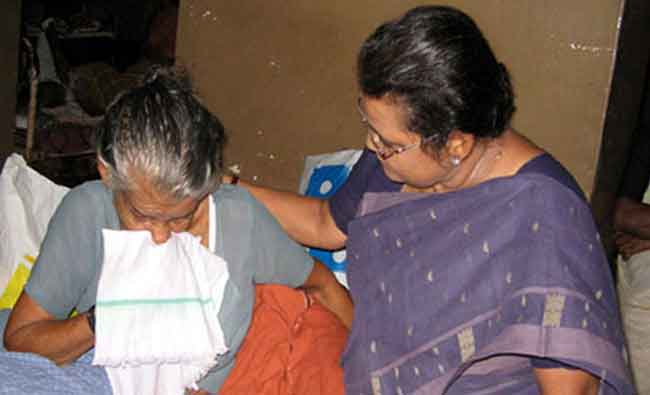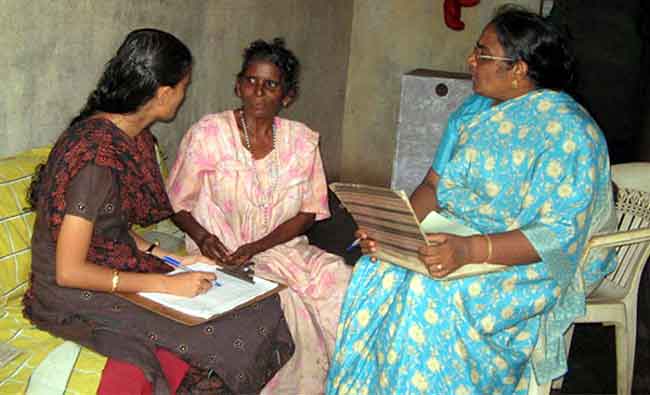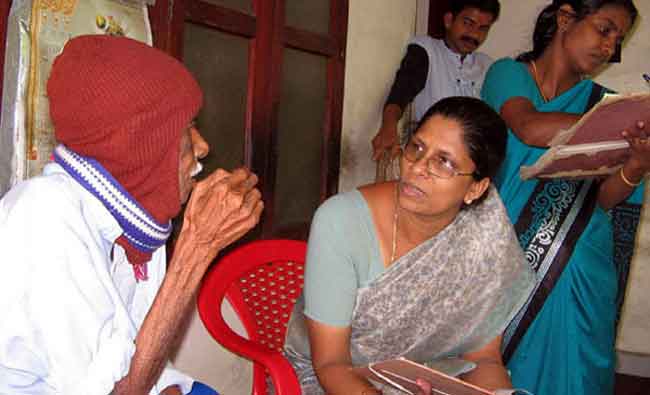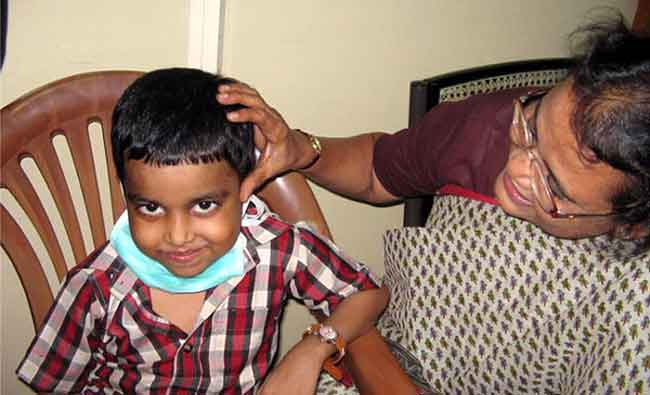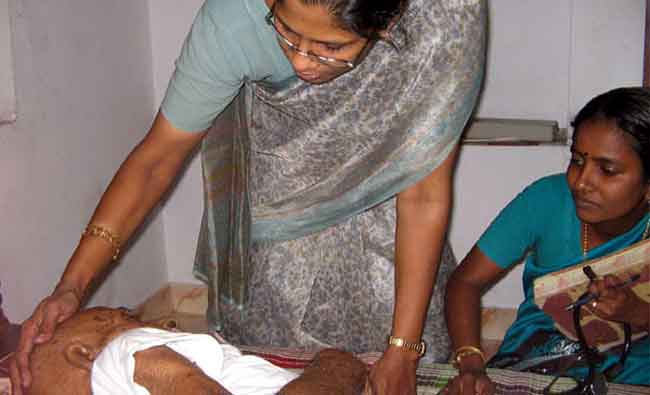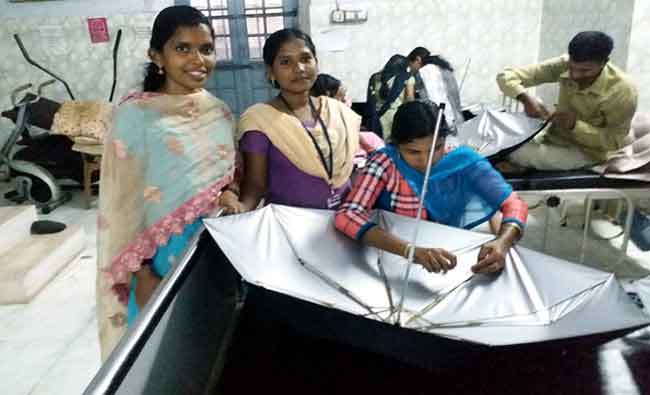
Our Mission
"Adding life to days"To improve the quality of life of people suffering from a prolonged debilitating illness by providing the best possible holistic care made affordable and acceptable through community participation and also helping the affected families.
